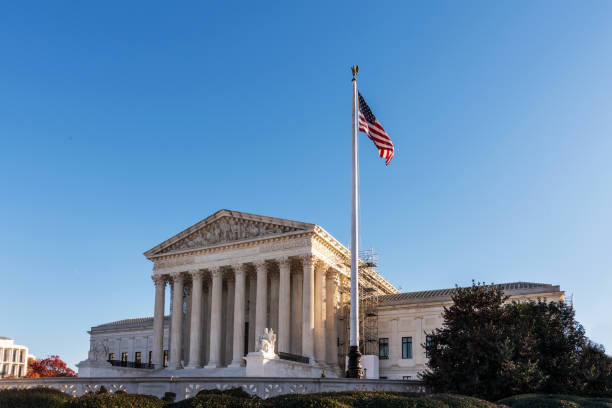Supreme Court Expands Protections in Reverse Discrimination Case: What Employers Need to Know
Last Updated on June 5, 2025
On June 5, 2025, the U.S. Supreme Court unanimously ruled in favor of an Ohio woman who alleged she was discriminated against because she is heterosexual- a decision that significantly broadens how reverse discrimination claims may be evaluated under Title VII of the Civil Rights Act of 1964. This landmark ruling is expected to influence how employers handle promotion decisions, hiring decisions and DEI initiatives moving forward.
Case Overview: Ames v. Ohio Department of Youth Services
Ames v. Ohio Department of Youth Services involved Marlean Ames, a long-term employee of the Ohio Department of Youth Services. Ames, a heterosexual woman, claimed she was denied a promotion and later demoted in favor of gay colleagues. She brought a Title VII lawsuit alleging she was discriminated against based on her sexual orientation.
Lower courts had dismissed her claims using a “background circumstances” requirement. This is a judicial test used by some courts that forces plaintiffs from majority groups (e.g., white or heterosexual individuals) to provide extra evidence suggesting their employer is biased against majority groups.
Supreme Court’s Unanimous Rejection of the “Background Circumstances” Test
This decision is especially impactful in jurisdictions like the Sixth Circuit (which includes Ohio, Michigan, Kentucky and Tennessee), where the “background circumstances” rule had been applied regularly.
In a rare unanimous opinion, the Supreme Court, led by Justice Ketanji Brown Jackson, ruled that the “background circumstances” requirement imposes an improper burden on majority-group plaintiffs. It is inconsistent with the plain language of Title VII. The statute protects “any individual,” regardless of their majority or minority status.
What This Means for Employers
This ruling reinforces that all employees- regardless of whether they are part of a minority or majority group- are equally protected under Title VII. As a result, employers must carefully assess their internal practices to ensure they are not inadvertently creating bias in decisions. While diversity, equity and inclusion (DEI) programs remain, companies should ensure these efforts are applied fairly and transparently. Avoid actions that may be perceived as reverse discrimination.
Employers are encouraged to provide updated training to HR staff and managers, so they understand the equal application of Title VII protections. Now is a good time to revisit employment policies and procedures to ensure they reflect a neutral, well-documented and consistent approach to decision-making.
Final Thoughts: A New Era of Equal Application
The Supreme Court’s ruling reinforces the idea that Title VII protects everyone equally- regardless of whether they belong to a majority or minority group. For employers, this serves as a reminder that fairness in employment practices must be universally applied. Navigating these changes requires careful policy reviews, updated training and a renewed commitment to unbiased employment practices.
MyHRConcierge can help you evaluate your risk exposure and ensure compliance with evolving employment law standards. We offer comprehensive solutions to assist companies in maintaining compliance with ever-changing HR regulations, as well as federal and state regulations. For more information, contact MyHRConcierge at 855-538-6947 ext.108, ccooley@myhrconcierge.com or schedule a convenient consultation below:

